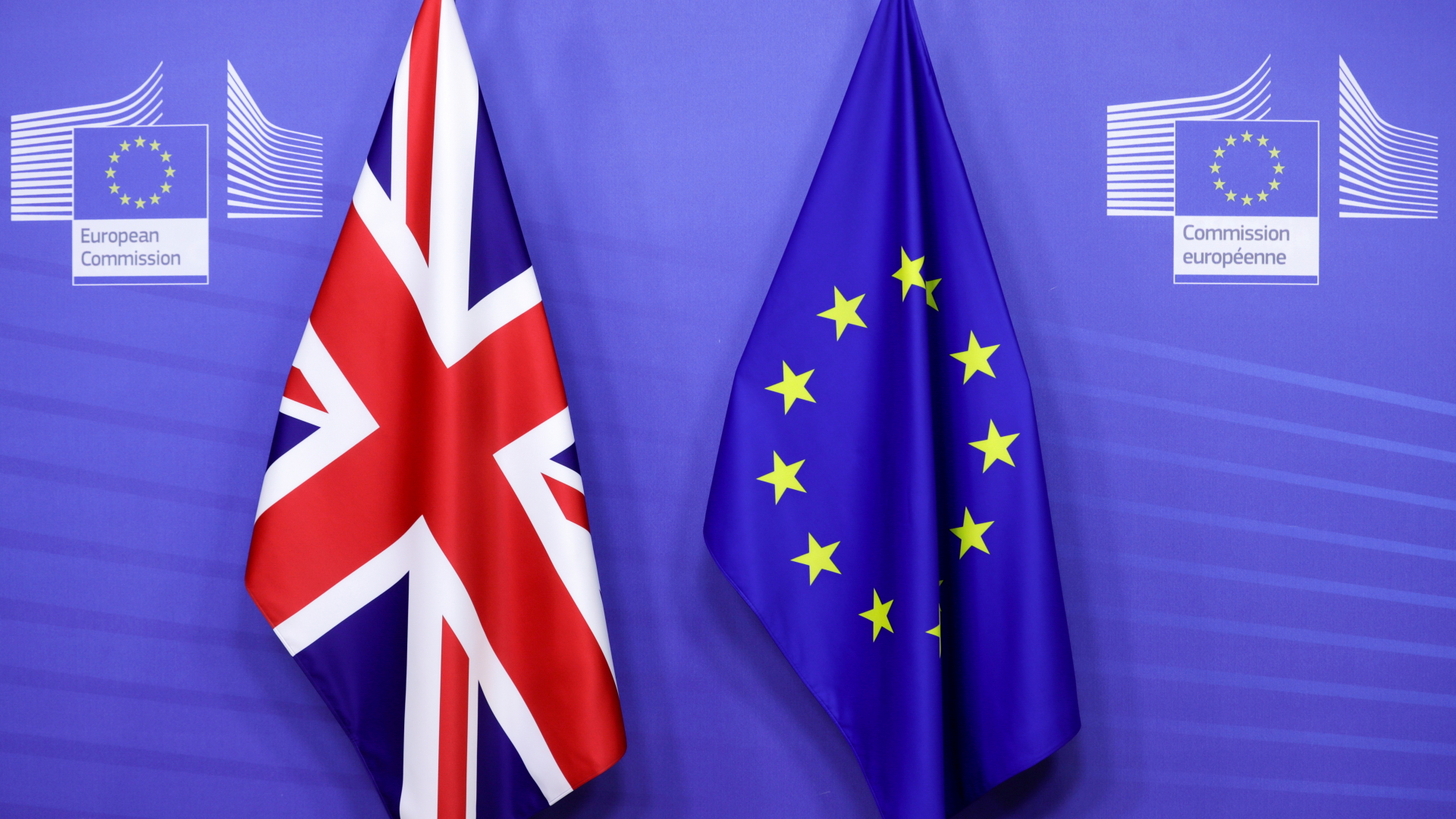Deal or No Deal: That should be decided tomorrow. But doubts about an agreement are growing. Great Britain announced that in the event of failure, the Royal Navy would, if necessary, take action against EU fishing trawlers.
Shortly before the self-imposed deadline expires, doubts about a breakthrough in the talks about a Brexit trade pact grow. An agreement is becoming “more difficult every day,” said Federal Foreign Minister Heiko Maas to the newspapers of the Funke media group. But it is still possible. “That is why we as the EU continue to negotiate as long as the window is open even a crack. We will see what happens by Sunday and then assess the situation again.”
British Prime Minister Boris Johnson has already prepared his compatriots for a no deal. It is “very, very likely” that the negotiations will fail, he said. But that too is a solution that is “wonderful for Great Britain”. After all, from January 1st you can do exactly what you want.
The EU Commission and the British government want a decision to be made this Sunday at the latest. In theory, however, there would still be time until shortly before the turn of the year. Only then will the transition phase come to an end, during which everything will remain the same despite the British leaving the EU. The British media are therefore speculating whether a return to the negotiating table would not be possible even if they admitted the failure on Sunday.
Royal Navy versus EU fishing trawler?
The positions on the fundamental questions are still far apart. One of the main points of contention is access to fishing grounds within the UK claimed 200 mile zone around its coasts. The point is that the British want to decide for themselves who is allowed to catch how much in their waters. But the exclusive economic zone that the country now claims is not in line with the historically evolved division of fishing grounds, as defined in the framework of the European fisheries policy.
Economically, the topic hardly plays a role, but symbolically it should hardly be underestimated for the former sea power Great Britain. Neither side wants to give in. London has now even announced that it will use ships of the Royal Navy to protect its waters if necessary. The navy’s patrol boats could be used to repel EU fishing boats among other things, a UK government spokesman said. That is also possible around the clock.
Controversial point of competition
The issue of competitive conditions is also unresolved. The EU position is that competition from Great Britain can only hope for duty-free trade if both sides of the English Channel apply the same labor, social and environmental standards. But that is a matter of principle for London. With Brexit, you want to regain control of your own laws, borders, waters and your own money – and not adopt the EU standards, which you then no longer have any influence on. For Johnson it is absurd that, according to his presentation, the EU demands that Great Britain should follow EU rule changes at every turn.
EU Commission chief Ursula von der Leyen countered yesterday: Great Britain is free to deviate from European rules in the future – for example with regard to environmental standards. But the conditions for access to the EU internal market would then also have to be adjusted. For example, products that are produced in Great Britain under less stringent environmental regulations cannot simply be exported to the EU duty-free and quota-free, because that would amount to dumping and unfair competition. According to the EU Commission, this also applies the other way around – the EU would also have to accept tariffs and quota restrictions in the United Kingdom if stricter standards were introduced there.
Give in at the last moment?
Commentators in the UK disagree on what’s behind the stalemate. Both sides could rely on the other to give in – and risk a serious miscalculation. Another consideration is whether Johnson might give in at the last moment in exchange for symbolic concessions after portraying himself as a fighter in front of the Brexit hardliners.
In any case, nothing is certain at the moment. In the event that it goes wrong, more than a third of Britons (35 percent) would blame their own government for the failure of negotiations, according to a lightning poll by polling institute YouGov. A little more than a quarter (27 percent), however, see responsibility with the European Union. Another quarter would blame both sides equally.
With information from Ralph Sina, ARD-Studio Brussels
– .


